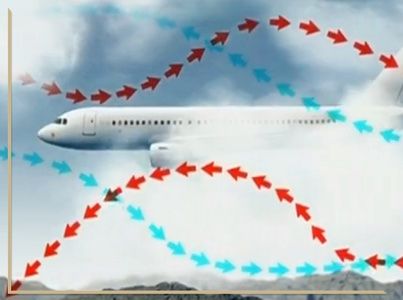Compared with La Niña years that have the opposite effect, El Niño increases the incidence of wind shear—conflicting airflows that create severe turbulence not associated with visible storms caused by convective activity. Williams found “when there’s a strong El Niño event, there is 50 percent more moderate-or-greater CAT over large parts of the U.S. and the North Atlantic. And when there’s a strong La Niña event, there’s about 50 percent less moderate-or-greater CAT than normal.” Williams did note that the climate-based effects are not as strong in Europe.
But Williams’s research doesn’t stop with the predictable effects of warmer El Niño years or cooler La Niña interludes. In research conducted in 2019, he concluded that global warming across the board has demonstrably contributed to increased air turbulence, worldwide.







